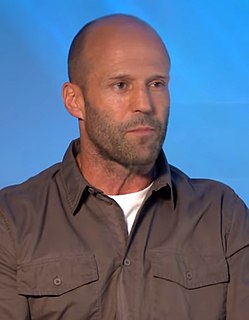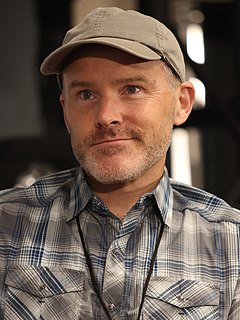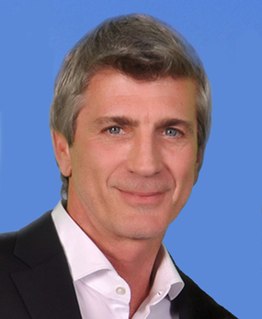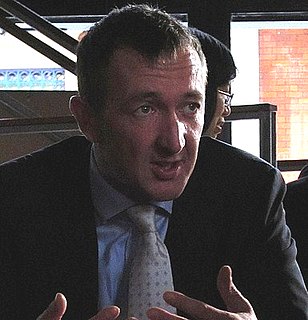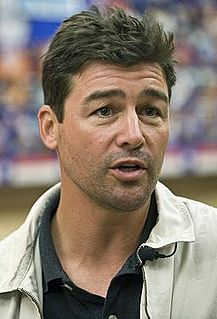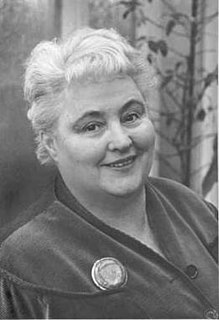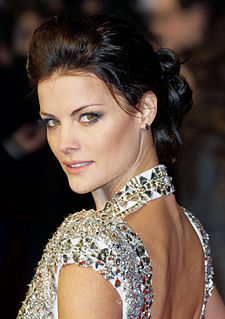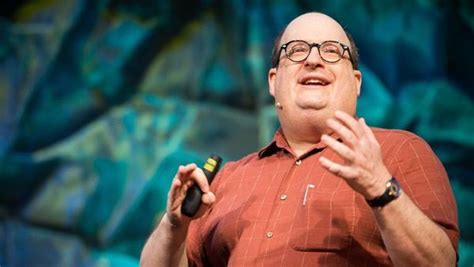A Quote by Angourie Rice
For me, the audition is always the hardest part of the whole process. Once you get on set, once you're in costume, you're with the director, it's so much easier to get in the headspace.
Related Quotes
You only get one shot in your life and you might as well push yourself and try things. There's so many interesting aspects of making a movie; the costume department, the set design, the casting itself, the locations. It's a great, great thing to be involved in if you have the headspace for it, and I do. Try anything once.
The hardest part about gaining any new idea is sweeping out the false idea occupying that niche. As long as that niche is occupied, evidence and proof and logical demonstration get nowhere. But once the niche is emptied of the wrong idea that has been filling it:; once you can honestly say, "I don't know", then it becomes possible to get at the truth.
Art was always a means to an end with me. You get an idea, and you just can't wait. Once you've started, then you're in there with the punches flying. There's plenty of trouble, but you can handle it. You can't back out. It gets you down once in a while, but it's exciting. Our whole business is exciting.


